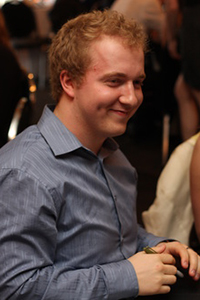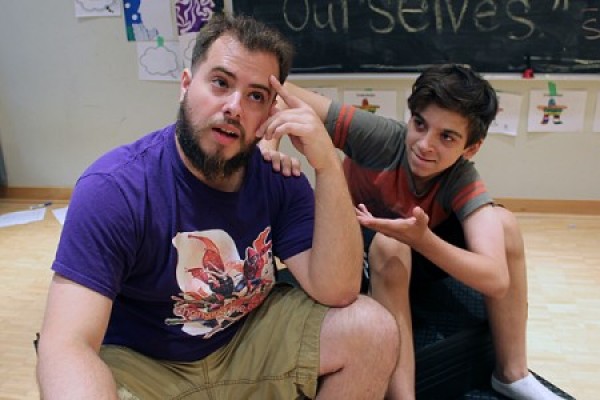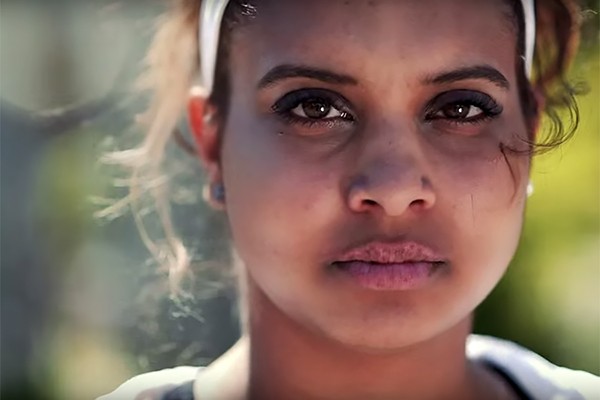Up to one-third of Canadian children are denied the opportunity to participate in community sport because their families cannot afford league fees, says a graduate student who has studied the impact of sport subsidies for low-income families.
 Adam Goodwin, a human kinetics sport management masters candidate, says organizations that provide financial assistance to subsidize sporting fees are making progress in balancing financial disparity between families and giving more kids an opportunity to play.
Adam Goodwin, a human kinetics sport management masters candidate, says organizations that provide financial assistance to subsidize sporting fees are making progress in balancing financial disparity between families and giving more kids an opportunity to play.
“The families I spoke with clearly articulated why it was important for kids to participate in community sport, but at the end of the day, either you’re going to have a house and feed your kids or you’re going to put them in sports, and obviously, a house comes first.”
Goodwin worked closely with one particular charity, which allowed him access to its records, reports, volunteers, and families. The access came with a caveat that he not disclose the organization’s name. By August, he will have completed 12 months of collecting and analysing interview transcripts, field notes and organization documents.
“Here is the amazing thing,” he says. “With this data we can see that the 500-plus organizations that exist in Canada are truly making a difference with certain segments of families. We know that many parents are not keeping their kids out of sport because they can’t see the benefit or other reasons. They know exactly how beneficial sports are but they simply can’t afford it.”
Goodwin says that the kids and parents interviewed appreciated the physical and mental health benefits that come with participation, and kids saw sport as a fantastic opportunity to make friends outside of their own school and broaden their social horizons.
He says the research has provided a broader perspective on how programs like KidSport Canada and Jumpstart can help.
“Previously, we didn’t know who these families were other than their particular socioeconomic status,” Goodwin says. “But regardless of their situation, straight across the board they agreed that if grants did not exist, the kids would not playing.”
He says current programs, while levelling the playing field considerably, do not eliminate barriers for all kids.
“We still need new partners coming on board to solve other needs, like providing transportation to and from practice and games, as well as donating expensive equipment. That is what I’d like to explore further in my future research.”
As part of his study, Goodwin and his supervisor, sport management professor Marijke Taks, will provide the partner organization with a detailed plan to improve its fundraising model.
Goodwin was recently named a Future Scholar by the Academy of Leisure Sciences, which focuses on the intellectual advancement of leisure sciences. As part of this, he will attend the National Recreation and Park Association Annual Congress in St. Louis, Missouri, in October.



